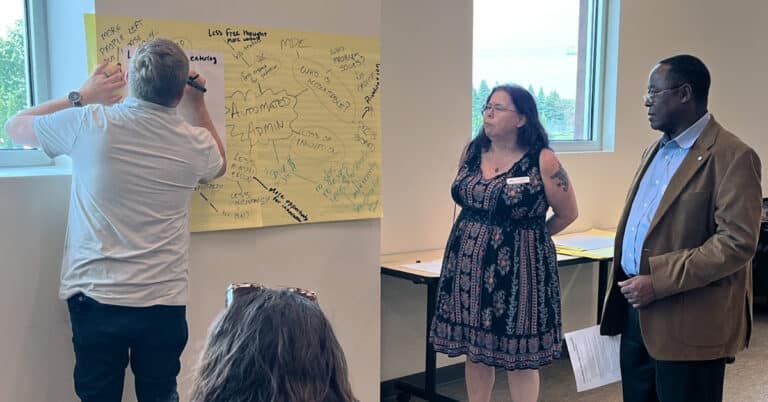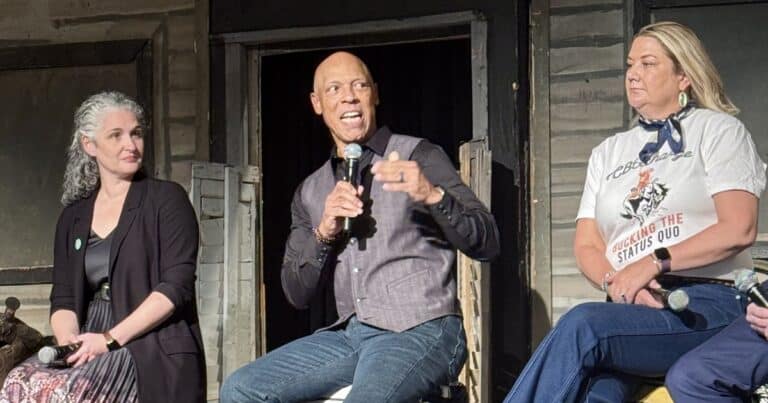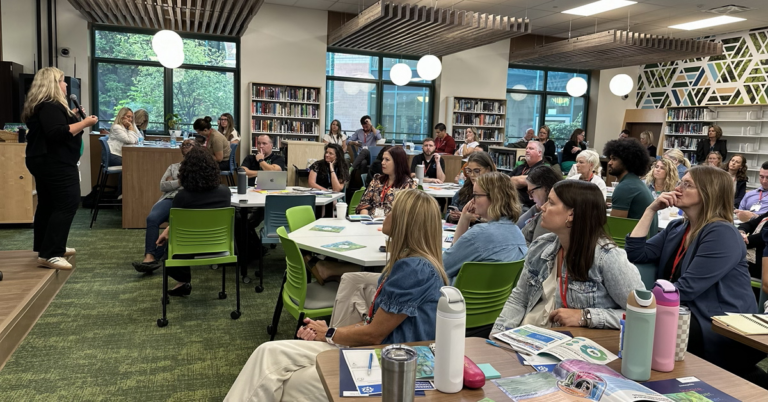When learners feel a sense of belonging at school, that someone cares about them and is excited to see them each day, they show up. And according to a recent report, we’ve got data that shows it.

Chronic Absenteeism Rates
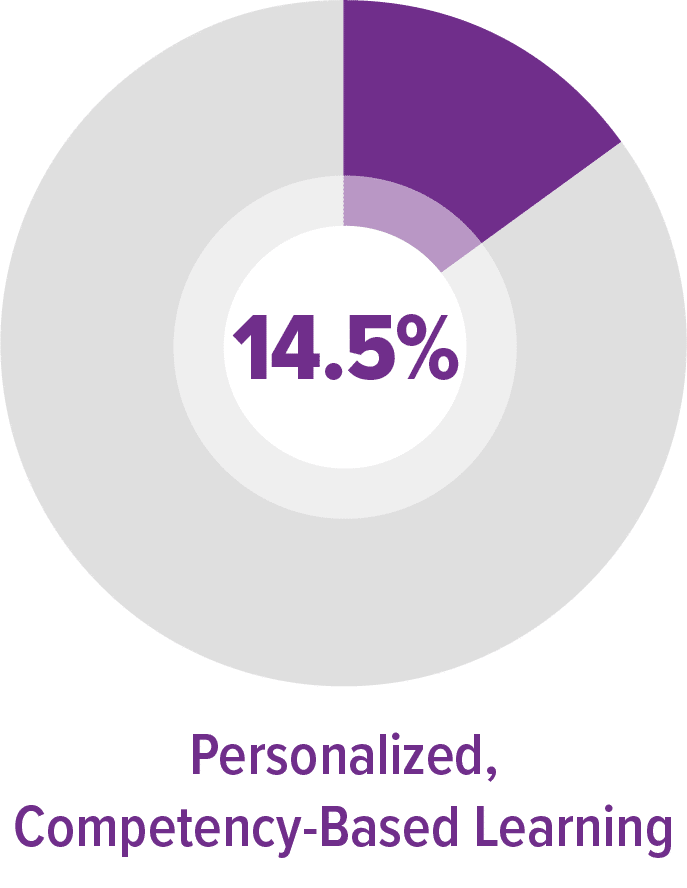
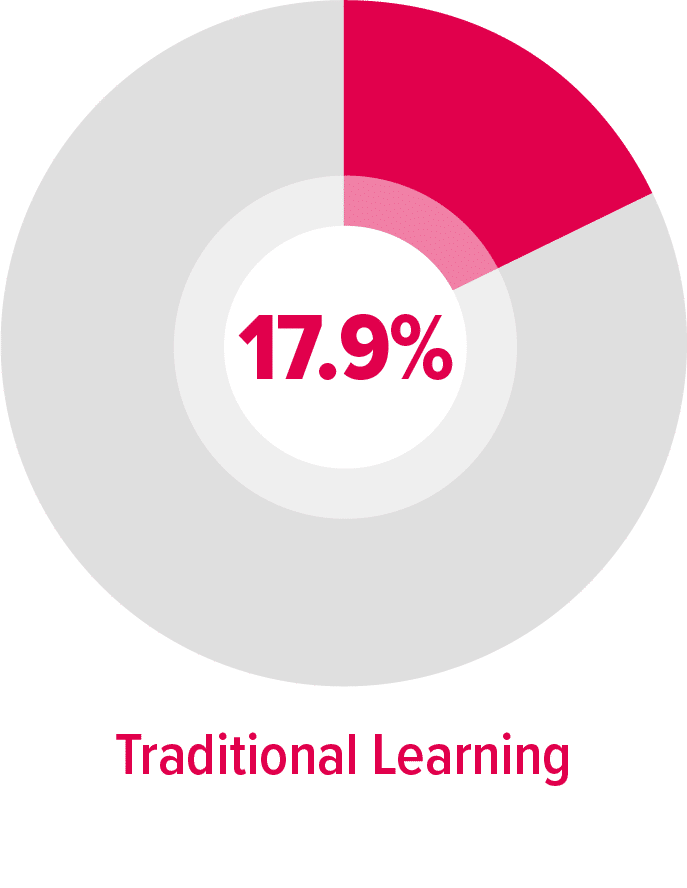
In South Carolina students in districts with a more traditional approach to education are more likely to be chronically absent than students in personalized, competency-based learning districts. (Source: Riley Institute)
Lexington 3 is in their fifth year of fully implementing personalized, competency-based learning, serving 2,000 students across four schools. Fifty-one percent of their learners are students of color, and approximately 70% of students qualify for free and reduced lunch. Based on a recent report from the Riley Institute, students in districts in South Carolina with a more traditional approach to education are more likely to be chronically absent than students in personalized, competency-based learning districts – nearly 4% more likely. At Lexington 3, programs like summer bridge – and an emphasis on relationship-building between teachers and students – is part of what’s making an impact on learner engagement and willingness to come to school.
“Somebody cares about you here,” said Lawson, who explained that when students begin to understand that, “they don’t want to disappoint that person.”
In addition to strong relationships with educators, part of that sense of belonging at school can be attributed to a sense of ownership and agency. Learner agency – helping students learn to advocate for themselves, make choices, practice self-awareness and develop an understanding of themselves as learners – is a critical component of personalized, competency-based learning. In Lexington 3, students aren’t just showing up more – they’re also reporting an increased sense of agency.
According to the report, “in middle school, in two of the three observed classrooms, students had choice, were seen to be responsible for their learning and were monitoring their own progress; additionally, students in those two classrooms had goals that were meaningful and measurable and were monitoring progress on their own goals.
Averi is a rising eighth grader at Lexington 3 and participated in the summer bridge program last year. She is no longer counted among the shrinking percentage of Lexington 3 students considered chronically absent.
“Last year, I was getting suspended. But this year, I feel like a matured a little bit more,” said Averi. She credits the conversations she was able to have with educators with helping her to regulate her emotions and focus on what matters. “I learned that everything doesn’t need a reaction. You can walk away. I enjoy my teachers because, in class, most of the time we joke around. We get to do fun stuff.”
Brantley Buzhardt, assistant administrator for student services and athletics, is proud of Averi’s growth.
“Averi really flourished with the summer. Her teachers have built those relationships with her,” said Buzhardt. “She works hard. Her growth is a perfect example of what personalized learning can do.”
Last year’s summer bridge program made summer school more engaging and built a foundation for the kinds of relationships that allow learners like Averi to thrive. For Buzhardt, the importance of that kind of experience can’t be understated. Both for the learners who attended, and for the educators.
“I want everyone to understand the impacts that relationships can have,” said Buzhardt. “Not just teacher to student, but teacher to teacher, teacher to admin.”
This was written by former Senior Manager of Communications Jillian Kuhlmann.

